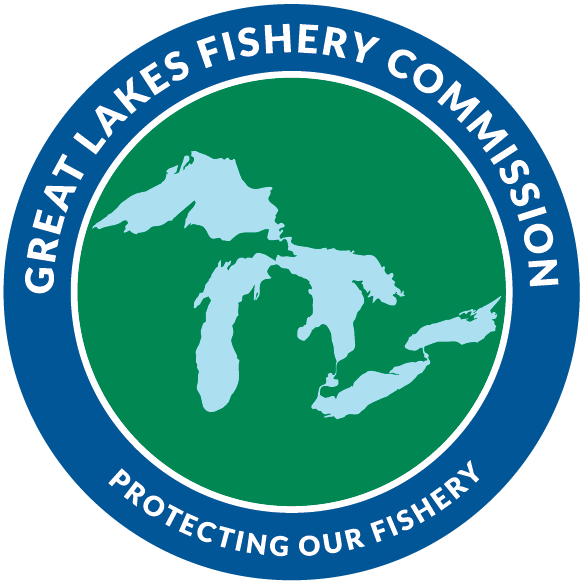Theme overview
Barriers have been a critical part of the Sea Lamprey Control Program since the program’s inception. They prevent migrating, adult lamprey from accessing spawning habitat in rivers and streams, and reduce the number of rivers and river miles that are treated with lampricides. Barriers are also combined with traps to suppress sea lamprey reproduction by physically removing adults from the population prior to spawning. Research on barriers and traps is focused on passing native and desirable non-native fishes upstream and downstream of a barrier without sacrificing sea lamprey control (selective fish passage). The foremost concern with barriers is that they can also block migratory and dispersive movements important to the life histories of desirable fish species, and potentially reduce productive capacity and biodiversity. Emerging research with barriers is exploring innovative concepts and technologies for separating desirable fishes from sea lamprey based on species differences in phenotypic attributes, such as timing of migration, habitat preferences, swimming and jumping ability, and body size and shape. Emerging research with traps is exploring innovations for increasing trap success, measured as the proportion of the spawning run that is captured. Highly efficient trapping could eliminate the need for barriers in some river systems. Innovations being pursued for trapping include new trap designs, improved placement and operation of traps, and the use of attractors and distractors to guide sea lamprey into traps.
Theme paper
Theme leaders
Theme leaders are available to be contacted to discuss potential research proposals and their relevance to theme area priorities.
FishPass Principal Engineer and Scientist,
Great Lakes Fishery Commission
dzielinski@glfc.org
Relevant resources
A complete list of completion reports and scientific papers resulting from this theme can be found in the commission's publication database.

